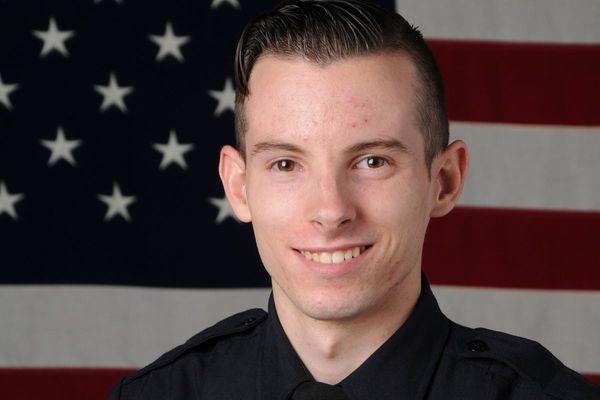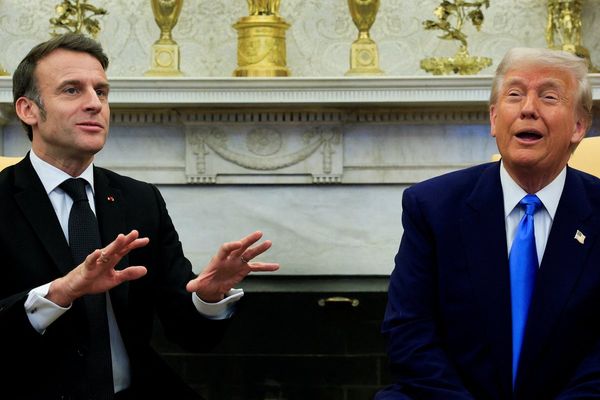
Why French youth are once again under fire as the government vows to crack down on violent crime. The staying power of Ionesco's The Bald Soprano in one of Paris's smallest theatres. And why French women won the right to vote so much later than many of their European neighbours.
In recent weeks President Emmanuel Macron and Prime Minister Gabriel Attal have been looking for ways to tackle what Macron has called a wave of ultraviolence sweeping the country. They've put the focus on young people, but not everyone agrees with the assessment. Critics have denounced the government proposals as reactionary, fuelling yet another "war" on youth. Sociologist Laurent Mucchielli, who says statistics do not show any rise in violent crime committed by youngsters, talks about why France regularly targets young people, and how it is often linked to electoral politics. (Listen @2'15'')
The Bald Soprano and The Lesson, by Romanian-French avant-garde playwright Eugène Ionesco, have been running at the tiny Théatre de la Huchette in Paris five times a week non-stop since 1957. Two million people have flocked to watch the plays, which are performed in their original staging and set. But what's it like for the 45-member company, some of whom have been acting in Ionesco's absurdist universe for more than 30 years? We went along to the 20,024th performance to find out. (Listen @18'50'')
French women obtained the right to vote on 21 April 1944, later than most other countries in Europe. Historian Anne-Sarah Moalic talks about the long road to equal suffrage, which required patient activism along with a bit of geopolitical chaos. And a woman who voted in France's very first elections open to all adults, in April 1945, recalls the excitement and pressure of her maiden trip to the ballot box. (Listen @11'05'')
Episode mixed by Cecile Pompéani.
Spotlight on France is a podcast from Radio France International. Find us on rfienglish.com, Apple podcasts (link here), Spotify (link here) or your favourite podcast app (pod.link/1573769878).







